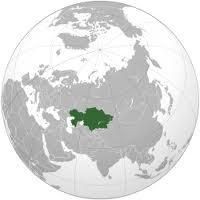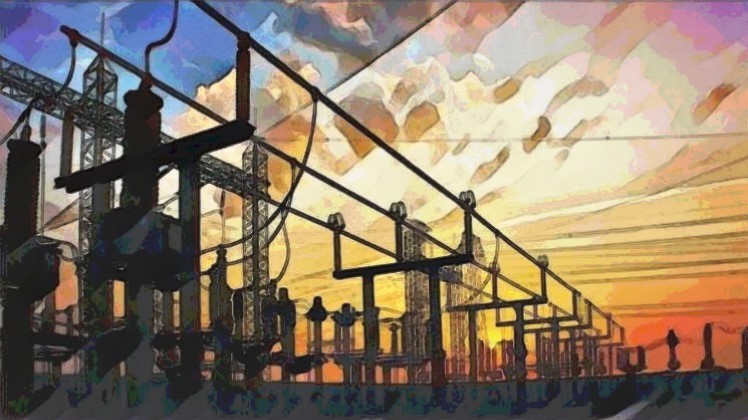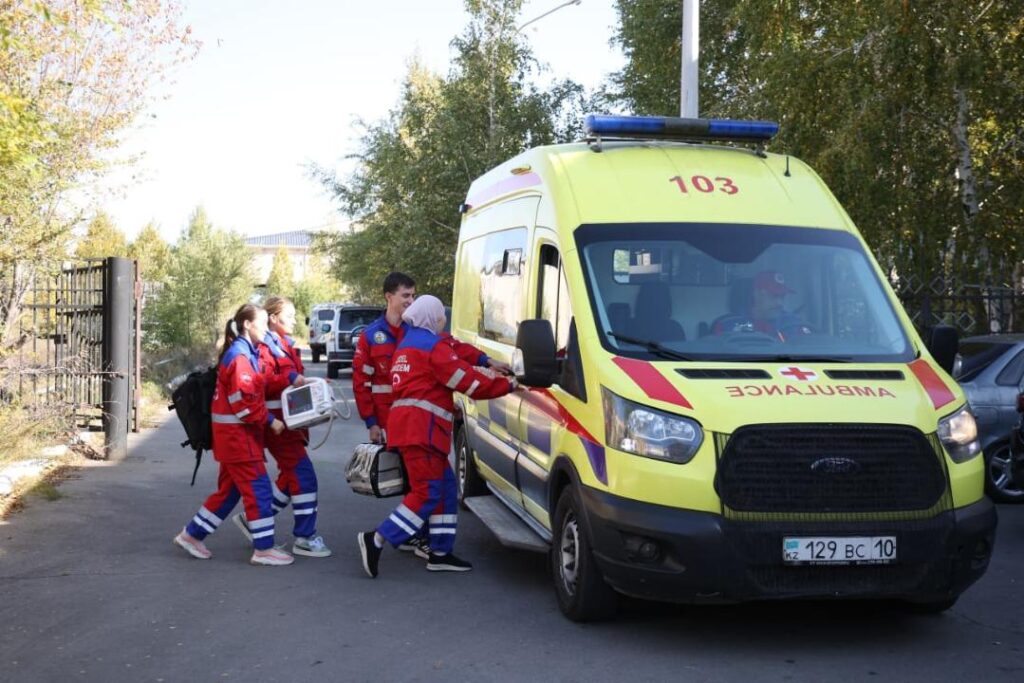ASTANA (TCA) — As Kazakhstan President Nazarbayev on May 5 postponed the implementation of a controversial law on the privatization of state-owned agricultural land in the country, we are republishing an article originally published by Stratfor, entitled “In Kazakhstan, instability is the lay of the land”, which analyzes the reasons behind the decision. The article is below:
Authorities in Kazakhstan rarely bend to the public will. But controversial land reforms have incited so much protest in the past two weeks that President Nursultan Nazarbayev was forced to announce a moratorium on Thursday. His proclamation indicates just how concerned the government is with maintaining stability, particularly as the economy continues to deteriorate.
The problem dates back to 2014, when the government began to revise its Land Codes to allow, among other things, foreign tenancy of land for up to 25 years. (Notably, it stipulated that foreigners could not buy the land outright.) Pursuant to that plan, the government intended to auction off some 1.7 million hectares of mainly farmland starting in July 2016, to offset the losses incurred by low oil prices and a slowing economy, which had already galvanized the public against the government.
Though the plan had been in the works for two years, only recently have rumors begun to swirl on social media that the government would sell the land to Chinese investors. This is particularly concerning to Kazakh citizens, who are, rightly or wrongly, fearful of the Chinese thanks to years of Soviet propaganda. Growing economic ties between Kazakhstan and China have allayed those concerns somewhat, but Kazakhstan’s recent economic hardships have brought them back to the fore. To many, China alone appears to have the funds to continue investing in the country. Kazakh citizens can stomach Chinese economic integration, just so long as integration doesn’t mean widespread Chinese ownership of swaths of land.
In most Central Asian states, protests are fairly rare because the governments have firm control over state, independent and social media. But misinformation about the new laws spread across Kazakhstan at a rate unprecedented in the large country, warning of an impending Chinese intrusion. Despite Astana’s attempts to clarify the law’s effects, dozens of Kazakhs began demonstrations April 24 in the Caspian port of Atyrau. Throughout the week, the protests grew and spread to half a dozen more cities: In the northwestern town of Aktobe and the eastern town of Semey, protests boasted 2,000 participants. By week’s end, demonstrators in Almaty grew bolder, breaking into the country’s National Press Club to speak with journalists.
Although Astana dispatched police to each protest, the government did not begin cracking down on the demonstrations until nearly a week after they started. The hesitation stems from Kazakhstan’s last major protests in 2011, when oil workers in Zhanaozen rallied against layoffs and salary cuts. When the government tried to suppress the protests, they gained more participants and turned into riots. The event became known as the Zhanaozen massacre and drew international criticism over the government’s response.
However reluctant Astana is to intervene, the protests show no sign of dying down after nearly two weeks. In fact, in anticipation of the new laws’ May 21 final reading in parliament, nationwide demonstrations are being planned. Moreover, other disgruntled segments of the population are joining the melee, including energy union workers in Aktobe and Atyrau. As was the case in 2011, the workers are angry over pay cuts and rumblings of downsizing. And rumors are circulating that mine workers in southern Kazakhstan may also lend their support.
Now the government must decide whether to risk another “massacre” or back down from its plans for economic relief. Announcing the moratorium on state television, Nazarbayev grumbled about the people’s misunderstanding, passing blame to government technocrats who failed to properly explain the legislation. Nonetheless, even this admission reflects the Kazakh leadership’s worry over the country’s unrest.
Meanwhile, separatist sentiment in northern Kazakhstan is compounding Astana’s concerns. Accounting for a little over 20 percent of the country’s total population, ethnic Russians are concentrated almost entirely in Kazakhstan’s northern regions. After Russia annexed the Crimean Peninsula from Ukraine in 2014, Astana began to wonder whether Moscow might do the same with northern Kazakhstan. At the time, Vladimir Zhirinovsky, a firebrand in Russian politics, hinted that Moscow should at least consider the possibility, prompting emergency sessions in the Kazakh government. Ever since, Astana has curbed Russian influence in the northern regions, restricting media and investments and arresting a handful of ethnic Russians for promoting secessionist sentiments. Now, sources suggest that Kazakhstan’s government is offering families financial incentives to move from the country’s densely populated north and south in an attempt to dilute the ethnic Russian population.
Though Kazakhstan remains one of Russia’s closest allies — and Moscow has never indicated that it would annex any part of its neighbor — Astana’s fears of internal instability and outside influence persist. In a May Day speech, Nazarbayev distilled his apprehensions, cautioning that discord and violence have kept Ukraine, the former Soviet Union’s second-largest state, from overcoming its economic and political problems.
And these worries are not Kazakhstan’s alone. Domestic economic decline and rising public dissatisfaction pervade the Central Asian states. Likewise, anti-Chinese sentiment is rampant in Tajikistan, Uzbekistan and Kyrgyzstan, fueled by concerns over land ownership. Furthermore, both Tajikistan and Uzbekistan are wary of Russia’s heavy hand in the region. Kazakhstan has long been one of the region’s most stable countries, able to prudently balance foreign influence within its borders. As protests broke out in Kazakhstan, Uzbekistan reportedly blocked all news of the incidents within its own borders. Even so, Central Asia’s more fragile countries understand that if Kazakhstan destabilizes — either from internal uprisings or external pressures — they could be next.









